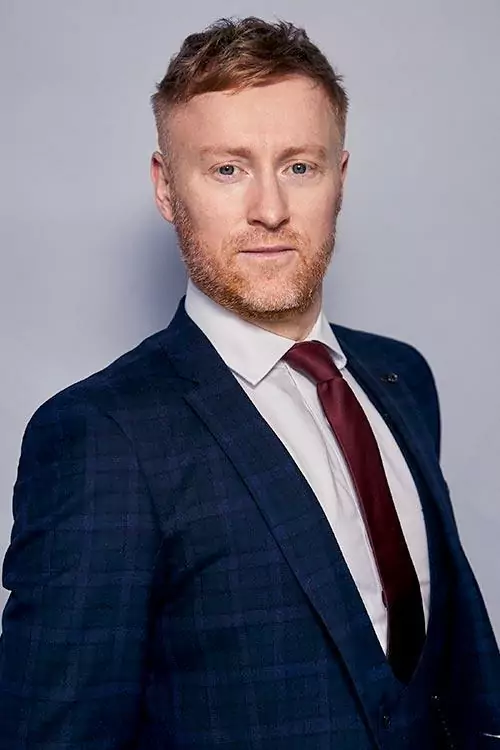Surrogacy involves complicated legal issues and KOD Lyons Solicitors recommends that you seek your own legal advice before making any such decisions.
It is also advisable to receive Counselling before starting the Surrogacy process to help you consider the questions involved. There are no Surrogacy Laws on the Statute Books at present in Ireland.
A Commission on Assisted Human Reproduction was established in March 2000 by Mr Michael Martin TD, Minister for Health and Children with the following terms of reference:
To prepare a Report on the possible approaches to the regulation of all aspects of Assisted Human Reproduction and the social, ethical and legal factors to be taken into account in determining public policy in this area.
In their executive summary the Commission referred to Article 40.3.3 of the Irish Constitution which provides constitutional protection for the “unborn”. The Commission indicated that it was not clear whether this protection applies from fertilization or from some subsequent point in the process. This lack of clarity had implications for the provisions of AHR services in Ireland. Clarification could only be sought in two ways either from the Supreme Court or by way of Constitutional referendum. The Commission made 40 recommendations amongst which were:
A guideline should be put in place to govern the freezing and storage of “gametes” and the use of frozen gametes. The regulatory body should in accordance with statutory guidelines have power to address cases where gametes are abandoned, where the commissioning couple cannot agree on a course of action, where couples separate or where one or both partners dies or becomes incapacitated.
The embryo formed by IVF should not attract legal protection until placed in the human body at which stage it should attract the same level of protection as the embryo formed in-vitro.
Any child born through use of donated gametes or embryos should on maturity be able to identify the donors involved in his/her conception.
In donor programmes, the intent of all parties involved – that the donor will not have any legal relationship with the child and that the woman who gives birth to the child will be the child’s mother should be used as the basis for this assignment of legal parentage.
In cases involving sperm donation there should be a requirement that the partner, if any of the sperm recipient also gives a legal commitment to be recognized as the child’s parent.
In the case of a child born through ovum donation and in the case of a child resulting from an embryo donation, the gestational mother should be recognized as the legal mother of the child and her partner if any, should be recognized as the child’s second legal parent.
The child born through Surrogacy should be presumed to be that of the commissioning couple. In the Frozen Embryo case which was heard before the Supreme Court on the 2nd February 2009 (Judgment still awaited), Lawyers for the State told the Supreme Court that an embryo created as a result of fertility treatment has no legal status here, is not entitled to constitutional protection unless it is implanted in a woman’s womb and may be legally destroyed prior to any such implantation. This was a case which involved an Application by a separated mother to order a Dublin Clinic to release three frozen embryos to her with a view to her becoming pregnant again against the wishes of her estranged husband.
In the absence of legislation the issue of “legal parentage” in Ireland of children born through donor programmes is very complicated. The Commission recommended that in donor programmes the intent of all parties involved that the donor will not have any legal relationship with the child and that the woman who gives birth to the child will be the child’s mother, should be used as the basis for the assignment of legal parentage. The application of this principle would necessitate the broadening of “traditional family structures” to encompass the social family as opposed to the biological family.
Problems regarding Adoption Law
As the Law currently stands it is likely that the surrogate or birth mother would be considered to be the legal mother of the child. It would therefore be necessary for the commissioning person/persons to adopt the child in order to have a legal relationship with it. A commissioning man may apply for Guardianship rights of the child if he is the biological father of the child but his partner would not have any right to make such an Application. The Commission made four options in relation to the regulation of Surrogacy amongst which was extending the remit of the Adoption Board to include Surrogacy and also including in remit of a regulatory body for AHR. The Commission was of the view that a regulatory body for AHR was the most appropriate and recommended that that body should regulate a surrogacy and all issues pertaining thereto.
Our Featured links:
Circle Surrogacy
Circle provides a full line of surrogacy and egg donation options, including the world’s first “Guaranteed Baby” plan, offers a choice of specialized clinics at locations throughout the USA, a large selection of egg donors, and swift matching with carefully screened surrogates.
Visit the Circle Surrogacy website















